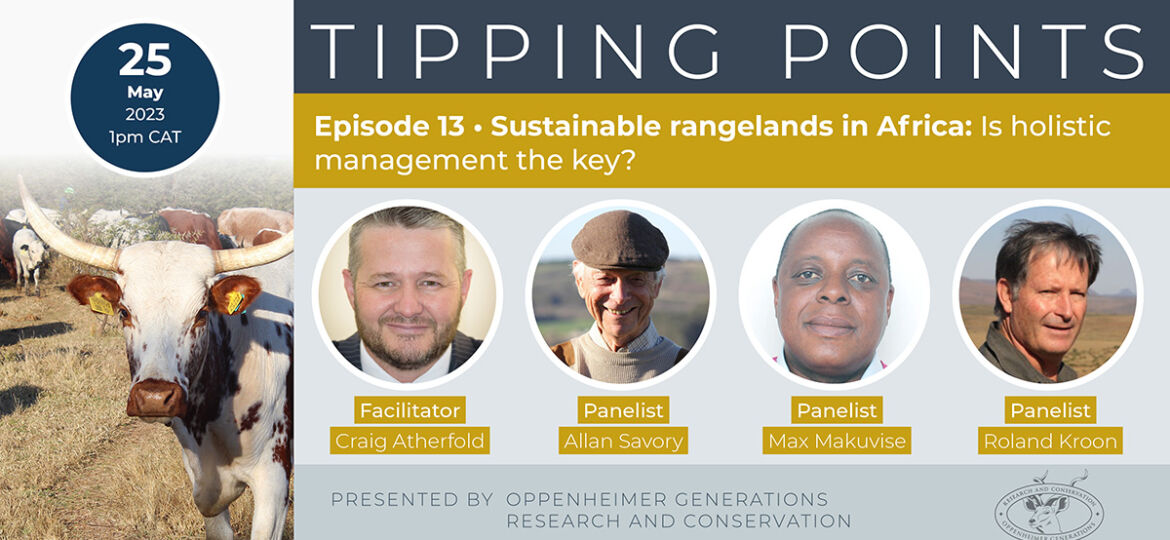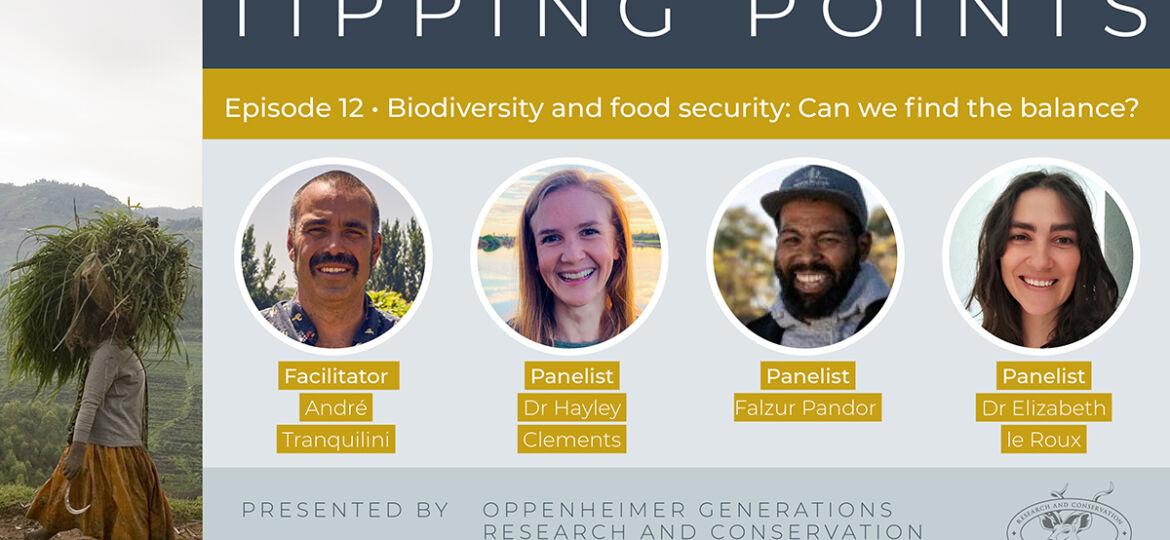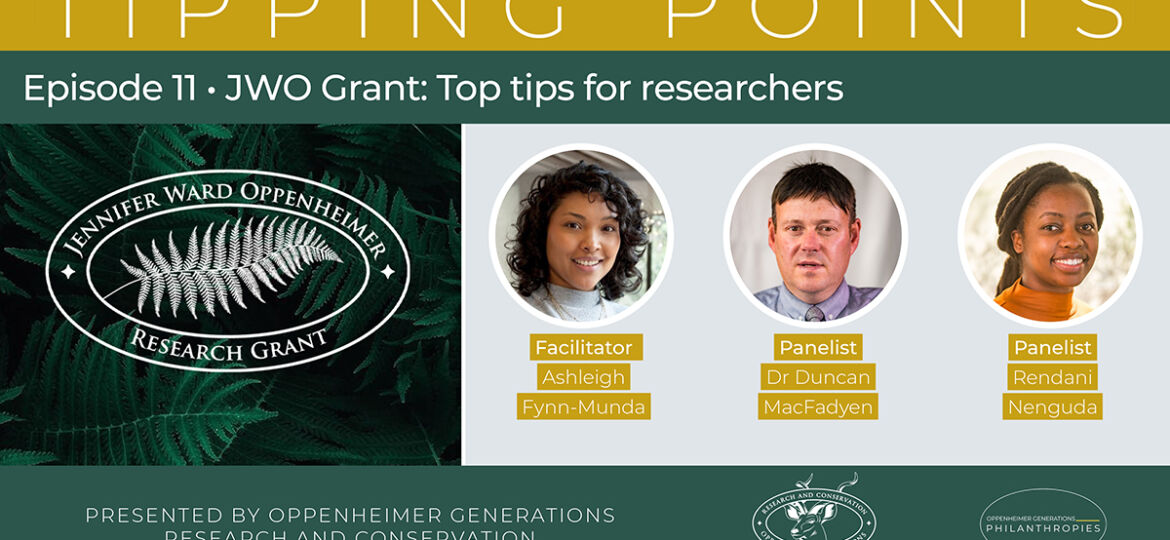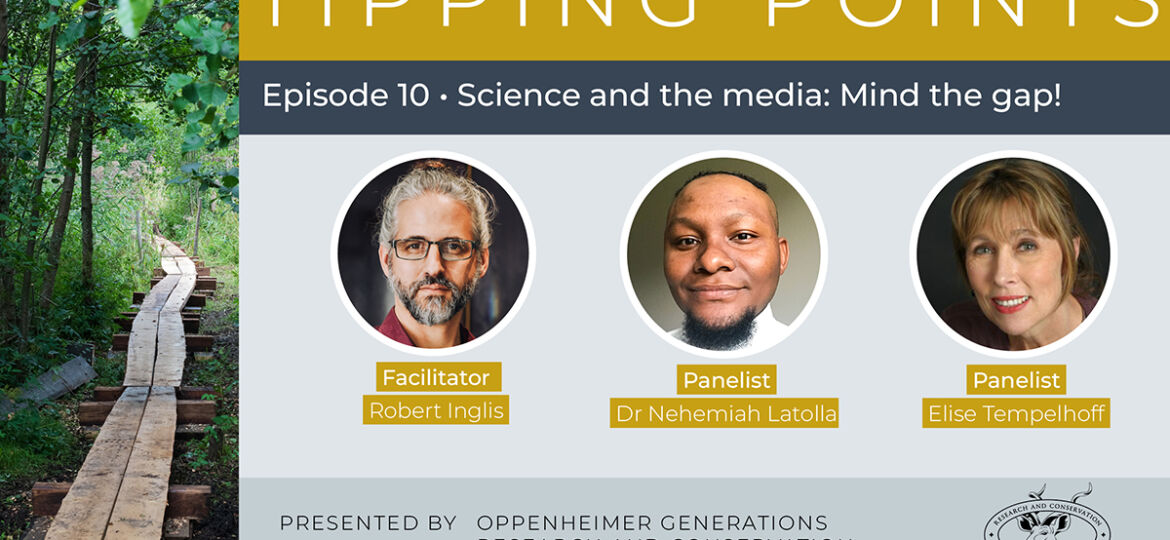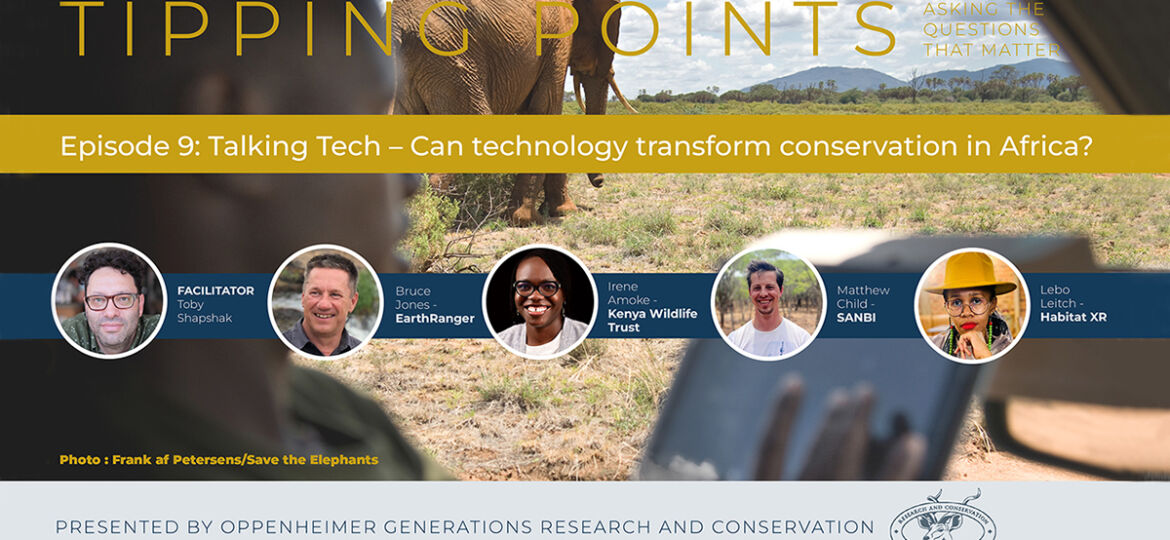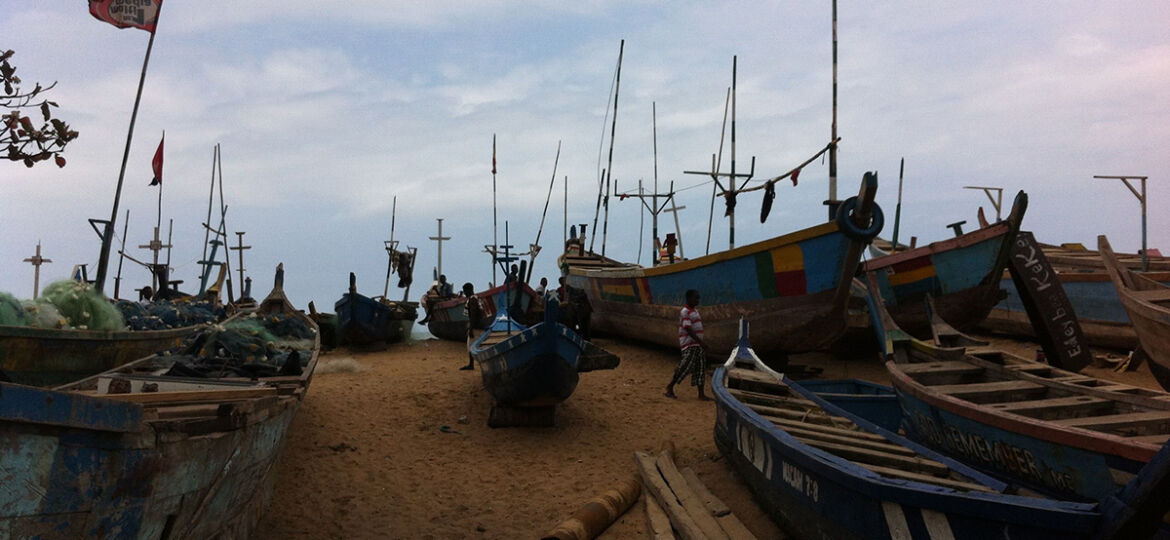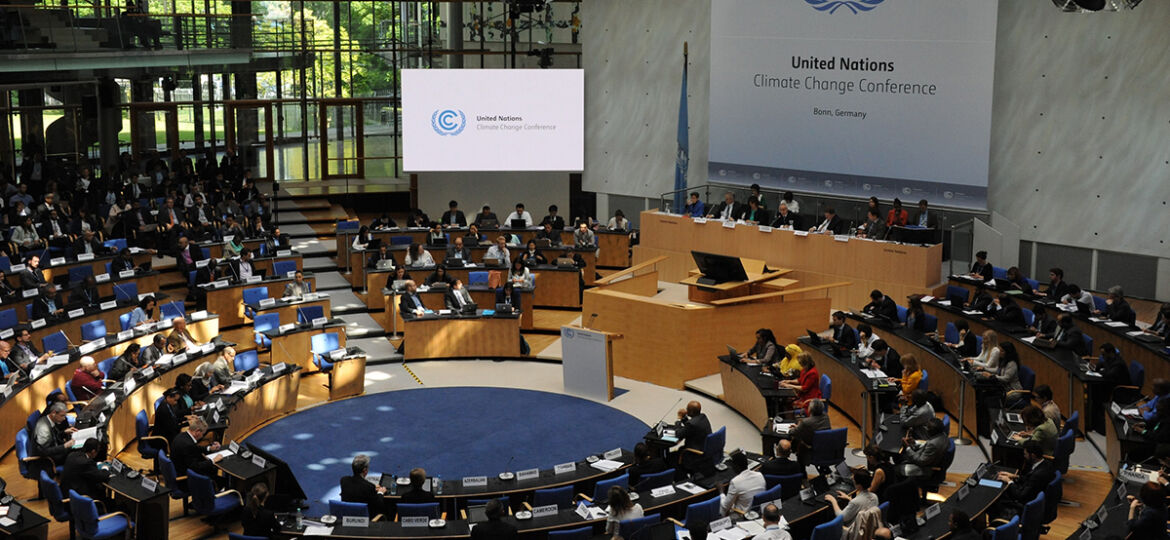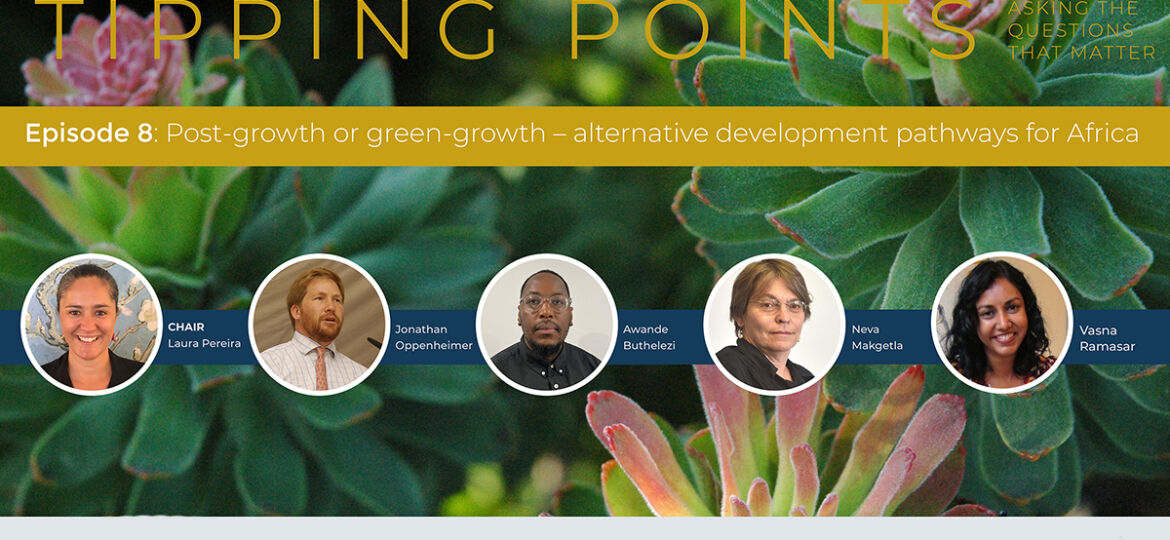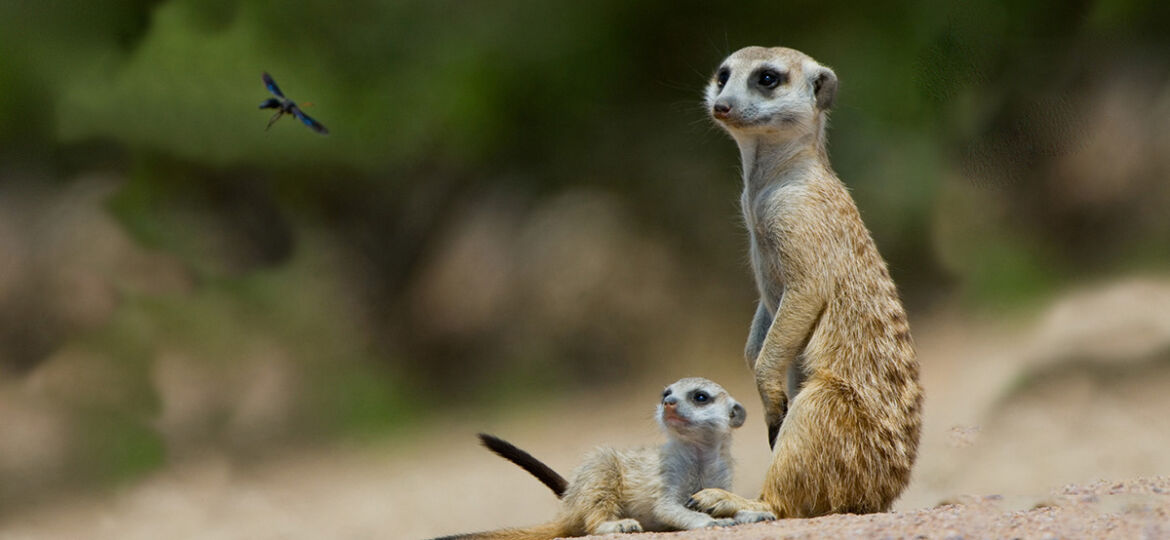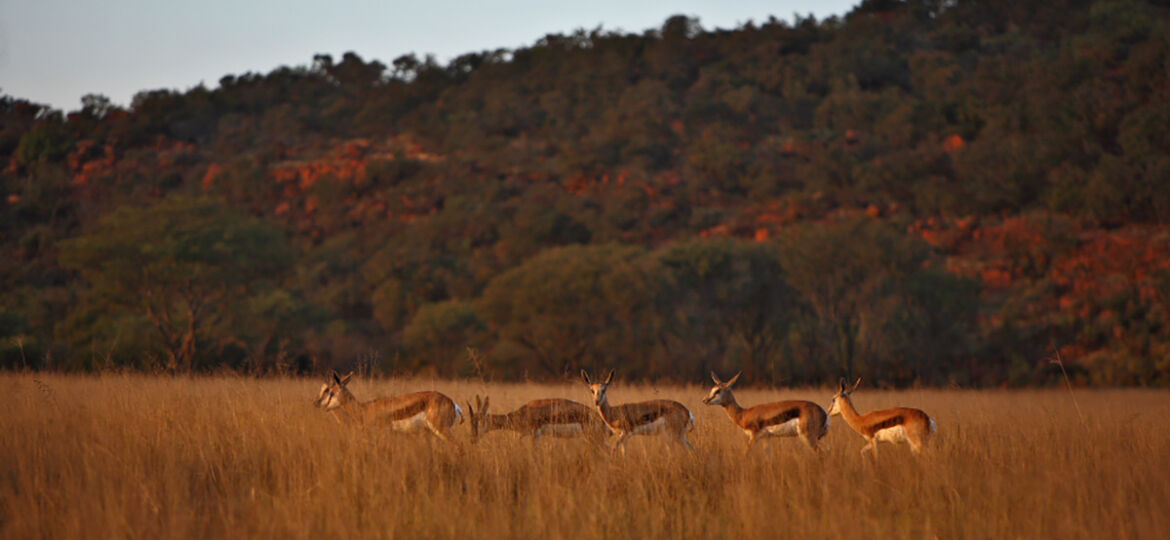Pressing environmental problems are coming home to roost. Smart rangeland management can help change this, but we must act now, while learning from the past.
Tipping points, landscape ecology and climate change
Boosting biodiversity could benefit farmers back pocket, writes Laylaa Teixeira Sampaio.
Keen to bag generous funding for your ecology or natural sciences research? No sweat, just be sure your plan promises big, bold solutions to African problems.
Journalists and scientists often speak at cross purposes – even a “different language”. Are there ways for them to understand each other better in the interests of the public good?
The use of hi-tech like virtual reality was the subject of a Tipping Points Episode 9 webinar hosted by Oppenheimer Generations Research and Conservation on 24 November 2022.
African researchers are marshalling their arguments for COP27 to assert that what Africa can do to tackle climate change must be informed by its specific conditions for which solutions tailored for Europe, Asia or America will not work.
Africa is the most vulnerable continent in the face of climate change, according to the team leader of the African Group of Negotiators Expert Support (AGNES), Dr George Wamukoya. He stresses the importance of formulating a strong position for Africa to present at COP27, taking place in Egypt in November.
Jennifer Ward Oppenheimer Research Grant which funds impactful research to provide solutions to some of Africa’s most pressing problems.
Deer do well, misery for meerkats, the effects of climate change appear surprisingly varied… and widespread.
Globally there are nearly 240,000 protected areas, yet we have a growing number of endangered species. This conundrum troubles leading conservation ecologist, Professor Graham Kerley. Maxcine Kater reports.



